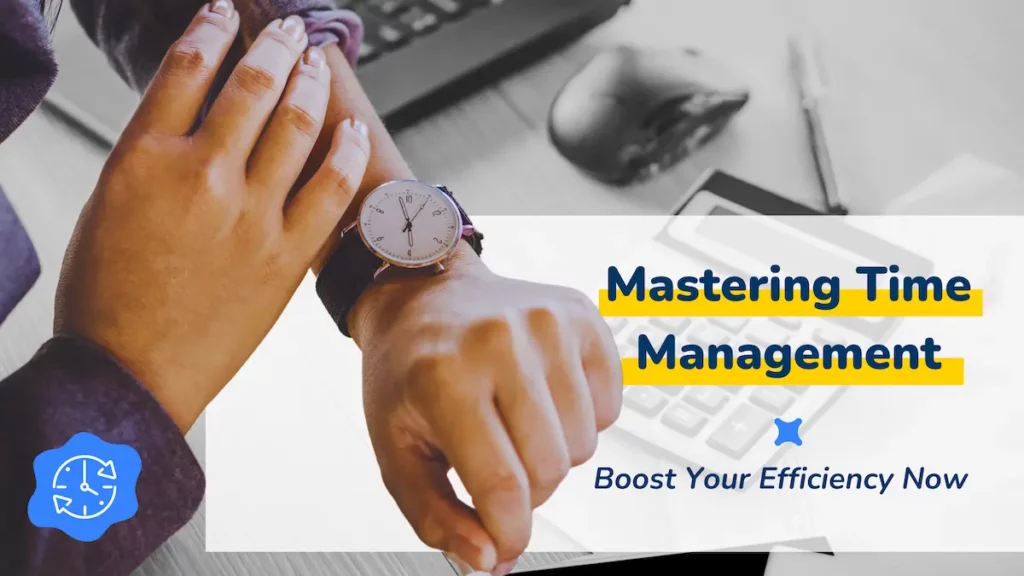While we can’t speak to other courses, what we absolutely love about our approach – which we haven’t found anywhere else – is the combination of these 3 elements: Analysis allows us to help you work on what you actually need at the core, rather than being misdirected on what “seems” to be needed. Enhancement, through a carefully crafted programme, is designed to suit any type of learner. Integration, where a personal Mentor helps you to master each skill and make it your own. By designing your strategy, it will be tailored to your unique needs and characteristics. And let’s not forget about our wonderful community where you can meet more people who are driven and committed to fulfilling their aspirations, all while enjoying the journey!

